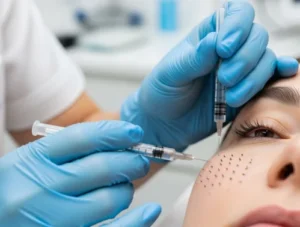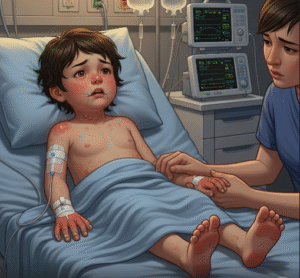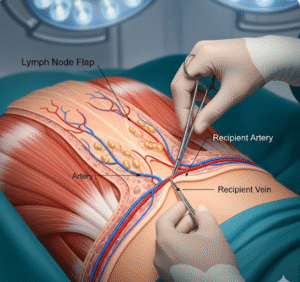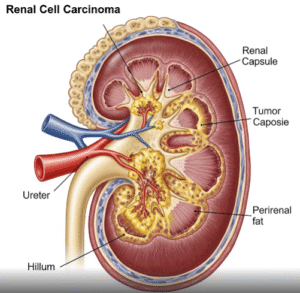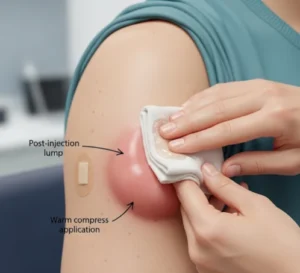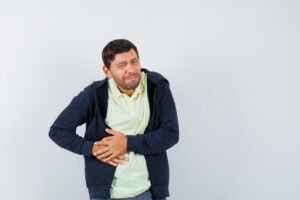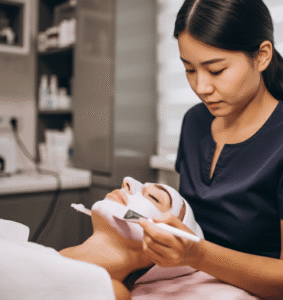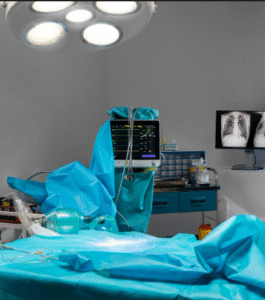Overview
Rat lungworm disease, caused by the parasitic nematode Angiostrongylus cantonensis, is a rare but serious infection that affects the human nervous system. Humans become accidental hosts when they ingest larvae through contaminated food or water. While more common in tropical regions, cases have been reported in Korea, where prompt diagnosis and treatment are crucial to prevent severe neurological complications.
What is Rat Lungworm?
Rat lungworm is a parasitic infection caused by the larvae of Angiostrongylus cantonensis, primarily found in rodents. The parasite’s lifecycle typically involves rats and snails/slugs. Humans get infected by ingesting contaminated raw or undercooked snails, slugs, freshwater shrimp, or vegetables. The larvae migrate to the brain, causing eosinophilic meningitis.
Symptoms
- Severe headache
- Neck stiffness
- Nausea and vomiting
- Fever
- Sensory disturbances or numbness
- Visual disturbances
- Muscle weakness
- In severe cases, neurological deficits or coma
Causes
Infection occurs when humans accidentally ingest larvae through:
- Raw or undercooked snails, slugs, or other intermediate hosts
- Contaminated vegetables or water
Risk Factors
- Consumption of raw or undercooked snails, slugs, or freshwater animals
- Eating unwashed or contaminated produce
- Exposure in endemic or tropical regions
- Children and individuals with compromised immune systems
Complications
- Eosinophilic meningitis
- Long-term neurological deficits
- Severe headaches and chronic pain
- Rarely, paralysis or death in extreme cases
Prevention
- Avoid eating raw or undercooked snails, slugs, and freshwater animals
- Wash vegetables thoroughly before consumption
- Use safe drinking water
- Educate communities about risks and food safety
Treatment Options in Korea
Diagnosis
Korean infectious disease specialists diagnose rat lungworm infection based on clinical signs, cerebrospinal fluid analysis showing eosinophilia, blood tests, and exposure history.
Medical Treatments
- Supportive care for symptoms
- Corticosteroids to reduce inflammation
- Pain management
- Antiparasitic drugs are controversial but sometimes used under specialist guidance
Surgical or Advanced Therapies
- Rarely needed unless complications arise
- Neurological support in intensive care for severe cases
Rehabilitation and Support
- Physical therapy for neurological recovery
- Psychological support for chronic symptoms
- Follow-up care to monitor long-term effects


